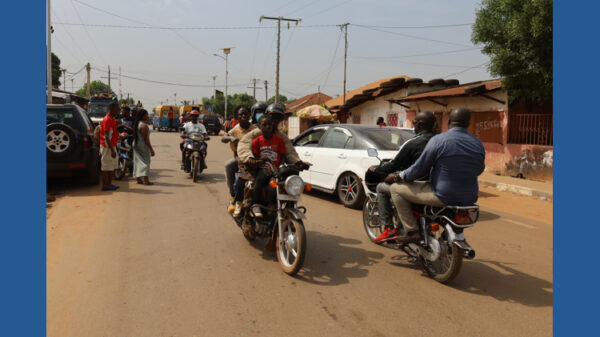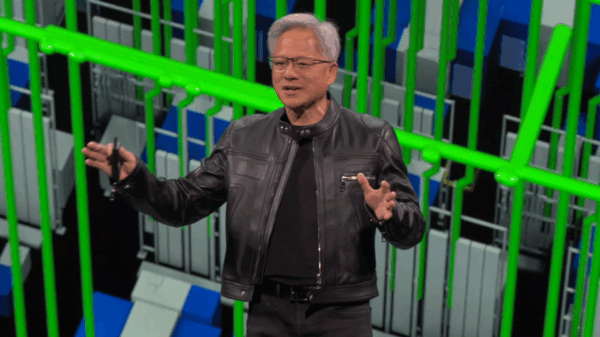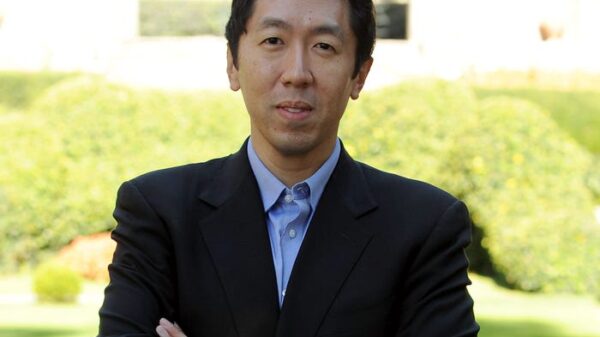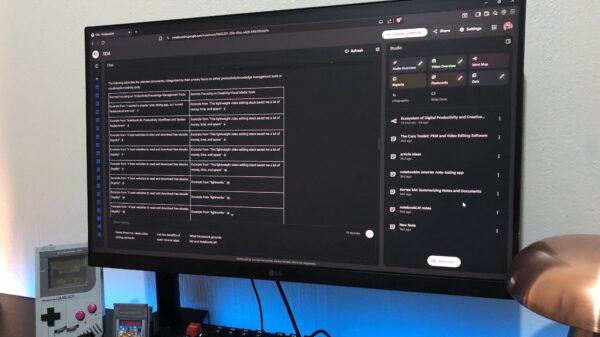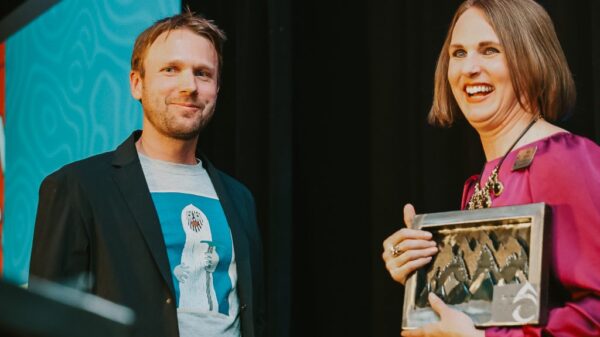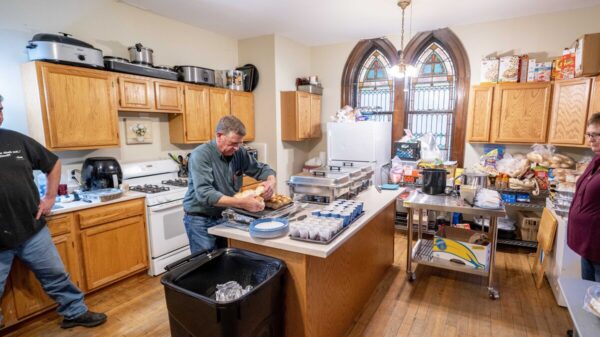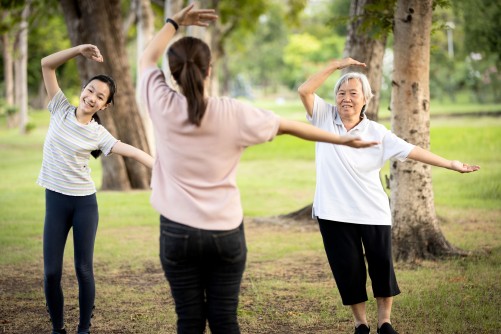The Chula ARi Project, initiated by Chulalongkorn University, aims to address the impending challenges of an aging population in Thailand. With projections indicating that individuals aged 60 and over will rise from 20% to 30% of the national population within the next decade, the initiative is both timely and necessary. This demographic shift is set to transform Thailand into a “super-aged society,” highlighting the urgency for comprehensive care strategies.
Professor Dr. Vipan Prachuabmoh, the project’s director, noted that a significant portion of the current population, specifically those aged 41 to 61, was born during a period of high birth rates between 1963 and 1983. This group, which is expected to live longer lives, will contribute to an annual increase of nearly one million elderly individuals. The implications of this trend are profound, as many older adults may face chronic health issues and increased dependency on caregivers.
The Chula ARi Project responds to these challenges by developing a holistic elderly care model that encompasses economic, social, health, environmental, and innovative aspects. Launched in 2018 with support from the university’s Century 2 (C2F) grant, the project seeks to enhance the quality of life for the elderly while preparing society for the future.
Preparing for the Future of Aging
As Thailand grapples with a declining birth rate—currently averaging just one child per woman—the need for effective elderly support systems becomes increasingly critical. While countries like Japan and South Korea have established frameworks to care for their senior populations, Thailand is still in the early stages of creating its own systems. Professor Dr. Vipan emphasized the importance of recognizing the need for immediate action, stating, “Thai society must prepare for the future tsunami of the elderly, starting today.”
Chula ARi focuses on collaboration with local communities and stakeholders to develop effective solutions. The project operates on three levels: leveraging research data to build support systems, engaging with communities to understand their needs, and facilitating knowledge exchange across various disciplines.
To this end, the project has developed community data platforms that empower residents to recognize their circumstances and identify coping strategies, thereby enhancing the overall quality of life for the elderly. “Chula ARi is a collaborative project. We work with communities and stakeholders to find shared solutions,” Professor Dr. Vipan added.
Innovative Approaches to Elderly Care
From 2018 to 2022, the Chula ARi project successfully piloted the development of ten elderly communities in Bangkok. These included neighborhoods in districts such as Wang Thonglang and Phasi Charoen. The project’s holistic approach ensures that varying community needs are met, focusing on health, economic stability, and environmental sustainability.
For instance, some communities have introduced activities to promote well-being, including exercise programs and nutrition workshops. These initiatives have transformed common areas into green spaces and vegetable gardens, providing residents with food security and additional income through surplus produce sales.
Moreover, the project recognizes the importance of technological innovation in elderly care. Collaborations with the Faculties of Engineering and Medicine have led to the development of community-focused robots designed to assist with rehabilitation and monitoring health metrics. These robots have been deployed in various health centers across Bangkok, enhancing the quality of care for elderly residents.
The success of the pilot initiatives has prompted the expansion of the Chula ARi Project to include an additional 15 communities in the Prawet and Pathumwan districts. This two-year project, commencing in 2024, will integrate data collection and community engagement to tailor solutions that improve the lives of senior citizens.
In conclusion, as Thailand navigates the complexities of an aging society, the Chula ARi Project stands as a model for developing comprehensive care systems. By fostering collaboration, utilizing innovative technologies, and prioritizing community engagement, the initiative aims to ensure that the quality of life for the elderly is not only maintained but enhanced. For more information about the project, visit [Chula ARi’s official site](http://www.chulaari.chula.ac.th/).











